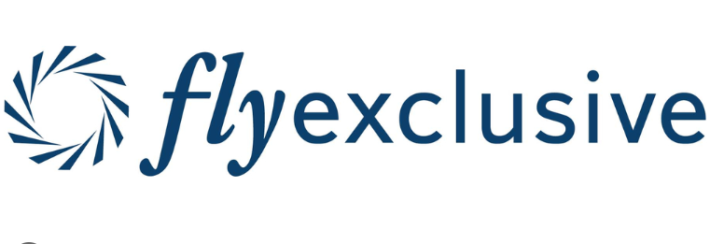Telomir Pharmaceuticals Advances Copper-Binding Research with Telomir-1

Telomir Pharmaceuticals (TELO), a trailblazer in age-reversal research, has announced groundbreaking results demonstrating Telomir-1’s exceptional copper-binding properties. This advancement bolsters the compound’s potential to treat Wilson’s disease, a rare genetic disorder caused by toxic copper accumulation. The findings also expand Telomir’s focus on developing innovative therapies for critical medical challenges.
Copper Regulation and Wilson’s Disease Treatment
Recent preclinical evaluations conducted by Recipharm and Smart Assays revealed that Telomir-1 exhibits remarkable affinity for copper ions, facilitating precise regulation of copper metabolism. This discovery underscores its promise in treating Wilson’s disease, which impacts approximately 1 in 30,000 individuals worldwide.
Wilson’s disease stems from mutations in the ATP7B gene, impairing the body’s ability to manage copper effectively. Excessive copper can accumulate in the liver and brain, causing life-threatening complications, including liver failure, neurological impairment, and psychiatric issues.
Current treatments, such as chelating agents and zinc therapy, focus on mitigating copper levels but are often accompanied by significant drawbacks. These include severe side effects like kidney damage and anemia, as well as long-term adherence challenges. Telomir-1’s unique copper-binding capabilities may offer a more targeted solution, addressing the disorder at its source with potentially fewer risks. The disease’s rare status also positions Telomir-1 for orphan drug designation, which could accelerate its path to market.
“Telomir-1’s copper-binding ability highlights its potential to address Wilson’s disease comprehensively, moving beyond symptomatic treatment to tackle the underlying causes,” noted Dr. Itzchak Angel, Telomir’s Chief Scientific Advisor.
Expanded Research and Development Initiatives
Telomir continues to explore Telomir-1’s versatility, conducting studies across Alzheimer’s disease, cancer, and metabolic disorders. Following the completion of IND-enabling safety studies by mid-2025, the company plans to initiate first-in-human clinical trials in early 2026.
Additionally, Telomir has shifted its veterinary research strategy to ethical models, focusing on naturally occurring osteoarthritis in elderly dogs. This decision aligns with the company’s values and mission.
Market Growth and Leadership Vision
With the global anti-aging drugs market projected to grow from $91 billion in 2024 to over $160 billion by 2031, Telomir aims to redefine therapeutic standards.
“Our commitment to delivering transformative therapies remains steadfast,” said Erez Aminov, CEO. “Telomir-1 exemplifies our vision of addressing unmet medical needs while creating significant value for patients and investors.”
You might like this article: Traws Pharma Advances H5N1 Bird Flu Treatment with Promising Data



